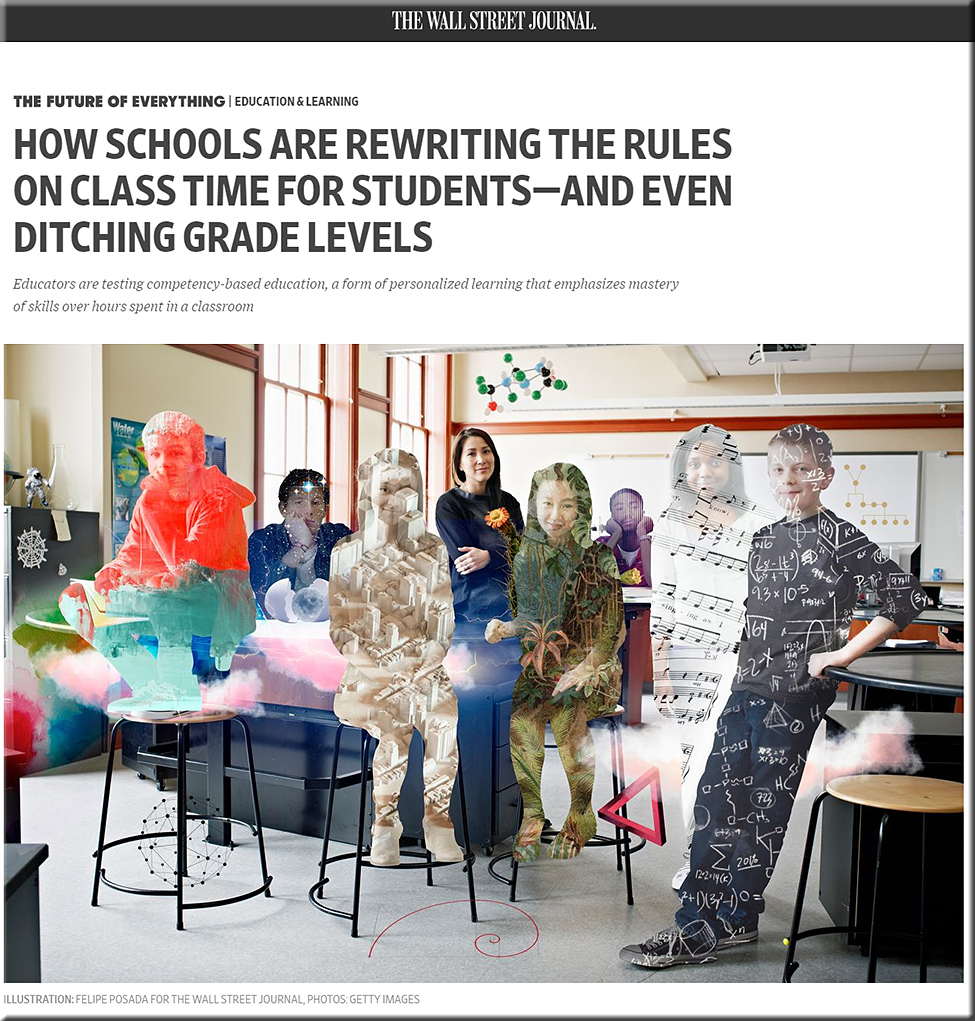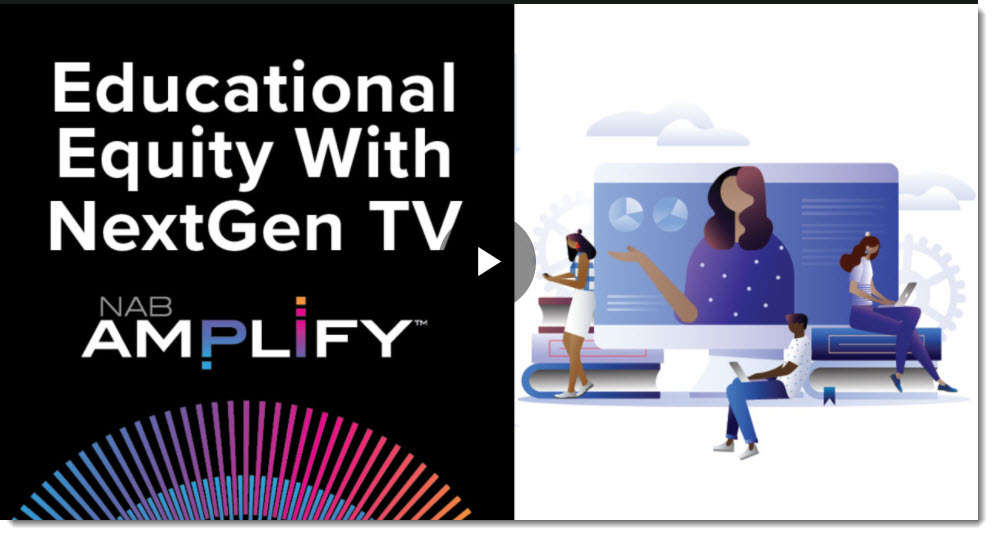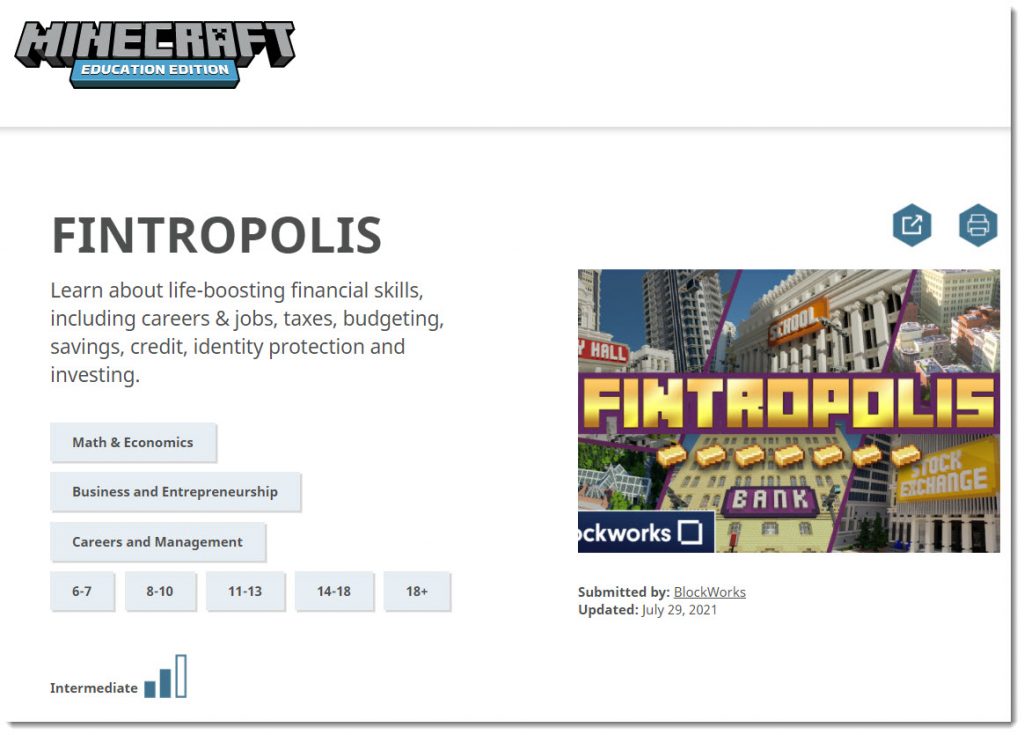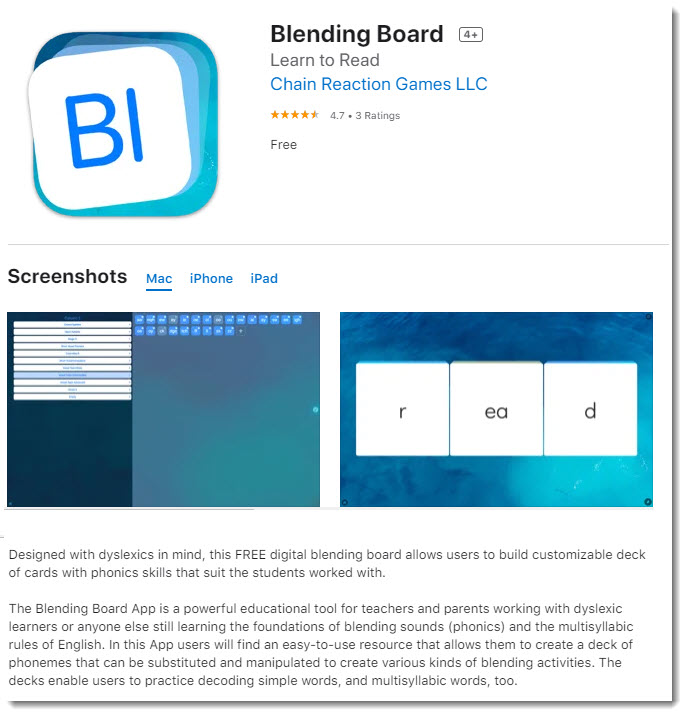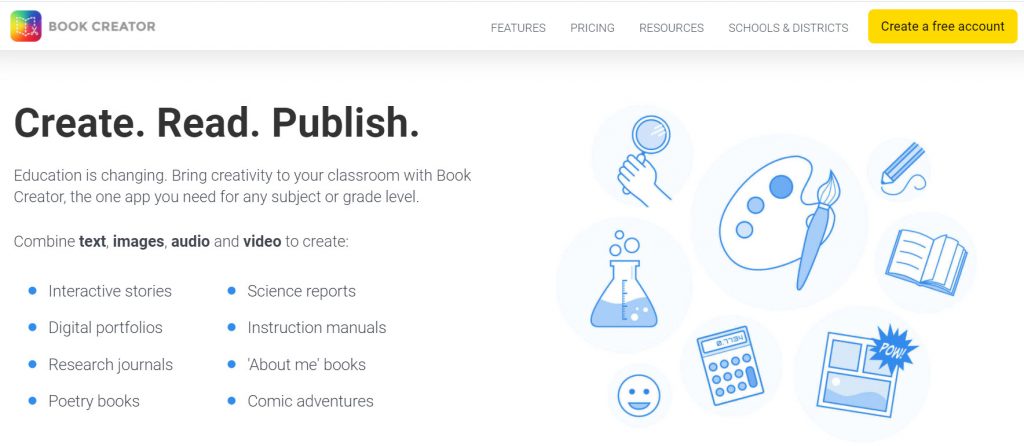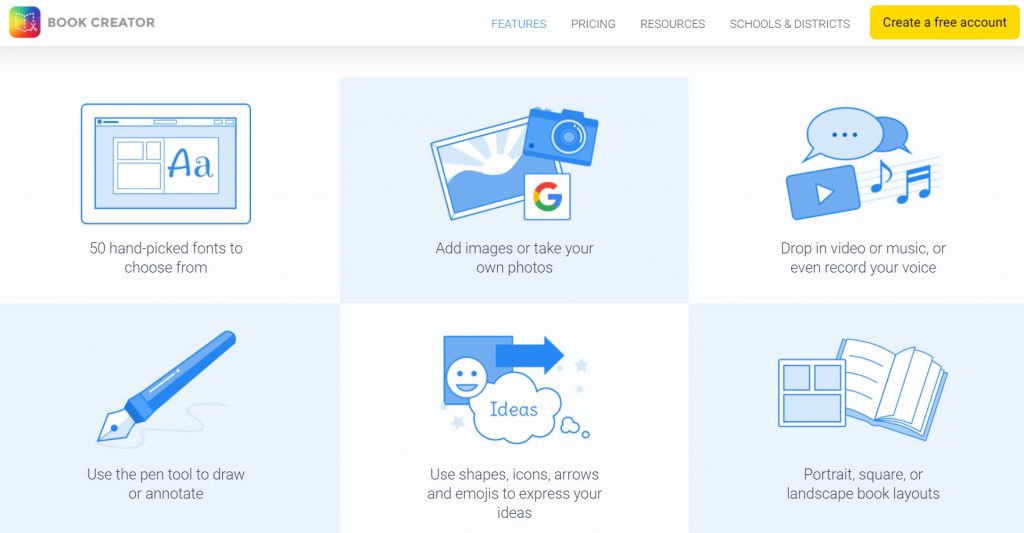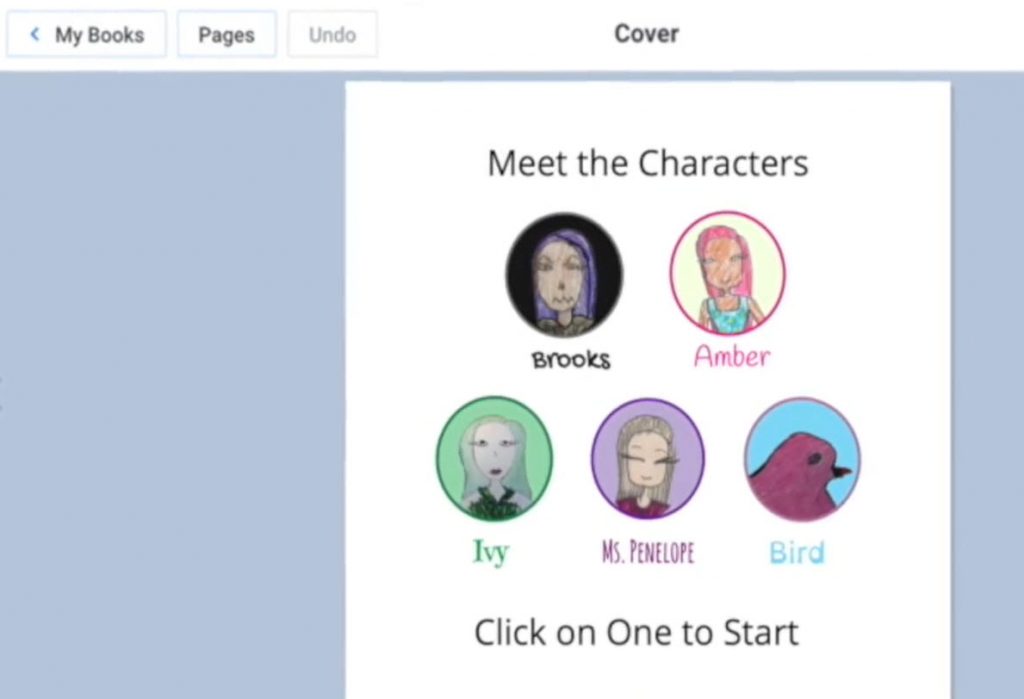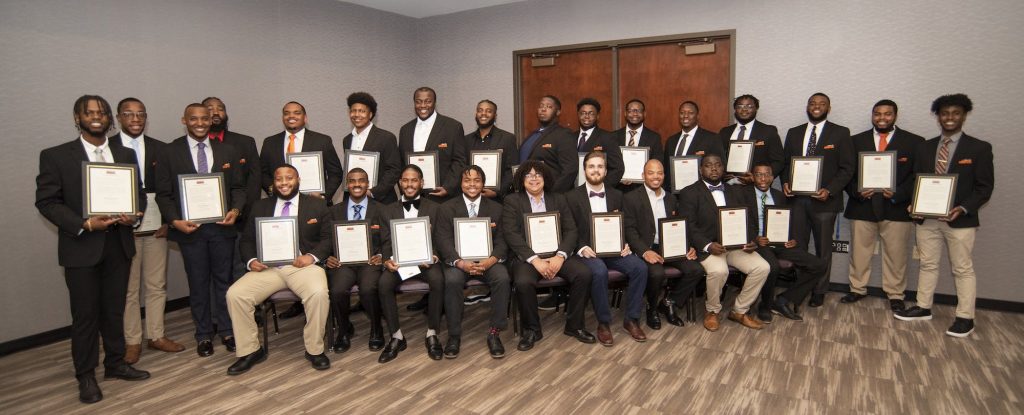HOW SCHOOLS ARE REWRITING THE RULES ON CLASS TIME FOR STUDENTS—AND EVEN DITCHING GRADE LEVELS — from wsj.com by Yoree Koh
Educators are testing competency-based education, a form of personalized learning that emphasizes mastery of skills over hours spent in a classroom
Sandra Okita developed ProJo as a research tool to explore how #AI tools that act as a student's partner can be more effective than AI that mimics instructors. The team began testing the program in a 2-foot-tall robot in 2013.#education #edtech #learning https://t.co/UHDOU8oRoG
— Daniel Christian (he/him/his) (@dchristian5) August 13, 2021









